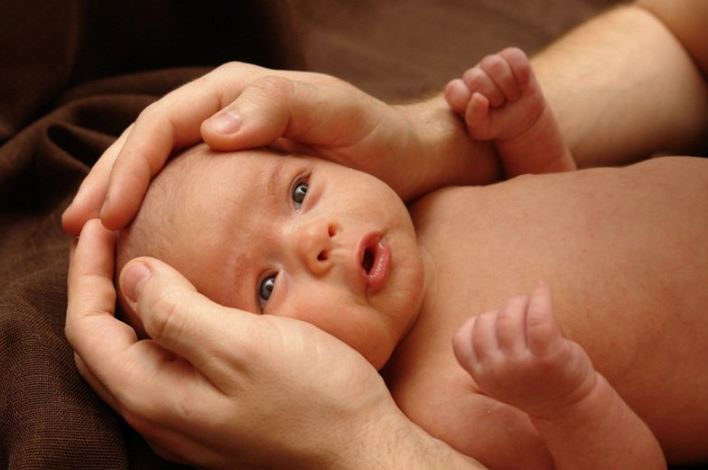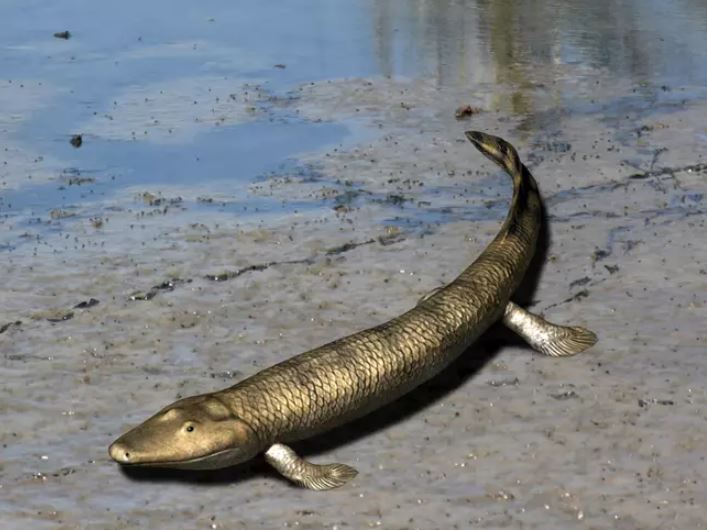
To stop hiccups, most people not only try drinking from a cup backward but also attempt standing on their heads as a cure.
According to a recent study, scientists from University College London have revealed the reasons behind hiccups and some intriguing facts about them.

Scientists reveal that hiccups play a crucial role in the brain development of the baby. Hiccups trigger electrical activity in their brains that helps regulate their breathing.
The interesting finding reveals that preterm infants, born more than three weeks before their due date, are particularly susceptible to hiccups. They spend around 1% of their time, roughly 15 minutes a day, experiencing hiccups
The lead author of the study, Dr. Kimberley Whitehead, said: "The reasons for why we hiccup are not entirely clear, but there may be a developmental reason, given that fetuses and newborn babies hiccup so frequently."
Hiccups in the womb can be observed as early as nine weeks into the pregnancy.

The study was published in Clinical Neurophysiology and was based on brain scans from a group of 13 babies, including both pre-term and full-term infants, with gestational ages ranging from 30 to 42 weeks.
However, many people want to know exactly where the hiccups originate.
Various theories have been proposed, and among the more unconventional ones is the notion that hiccups can be traced back to our evolutionary past. And we're not talking about the era of the 'Missing Link' or the time when our appearance resembled a mix of monkeys and lemurs
Not even the period when the ancestors of our forebears were darting around in the vicinity of dinosaurs, pilfering eggs and trying not to get munched on.

We're talking way back when creatures first started crawling out of the oceans onto dry land.
The sound we perceive as a "hit" occurs when our windpipe constricts to prevent any substances from entering it and potentially reaching our lungs.
The reflex might have developed to enable creatures with both gills and lungs to clear water from their gills without inhaling it into their lungs. As they adapted to life on land, they utilized their lungs for breathing. This could also clarify why hiccups are resistant to conscious control, regardless of how much effort you exert to stop them.

Robb Dunn said: "The first air-breathing fish and amphibians extracted oxygen using gills when in the water and primitive lungs when on land and to do so, they had to be able to close the glottis, or entryway to the lungs, when underwater.
"Importantly, the entryway (or glottis) to the lungs could be closed. When underwater, the animals pushed water past their gills while simultaneously pushing the glottis down.
He further explained that we are descendants of these animals, and thus, we retained traces of their evolutionary history, including the hiccup.
He also explained that hiccups may occur because, at some point, our ancestors needed to breathe underwater without choking.




